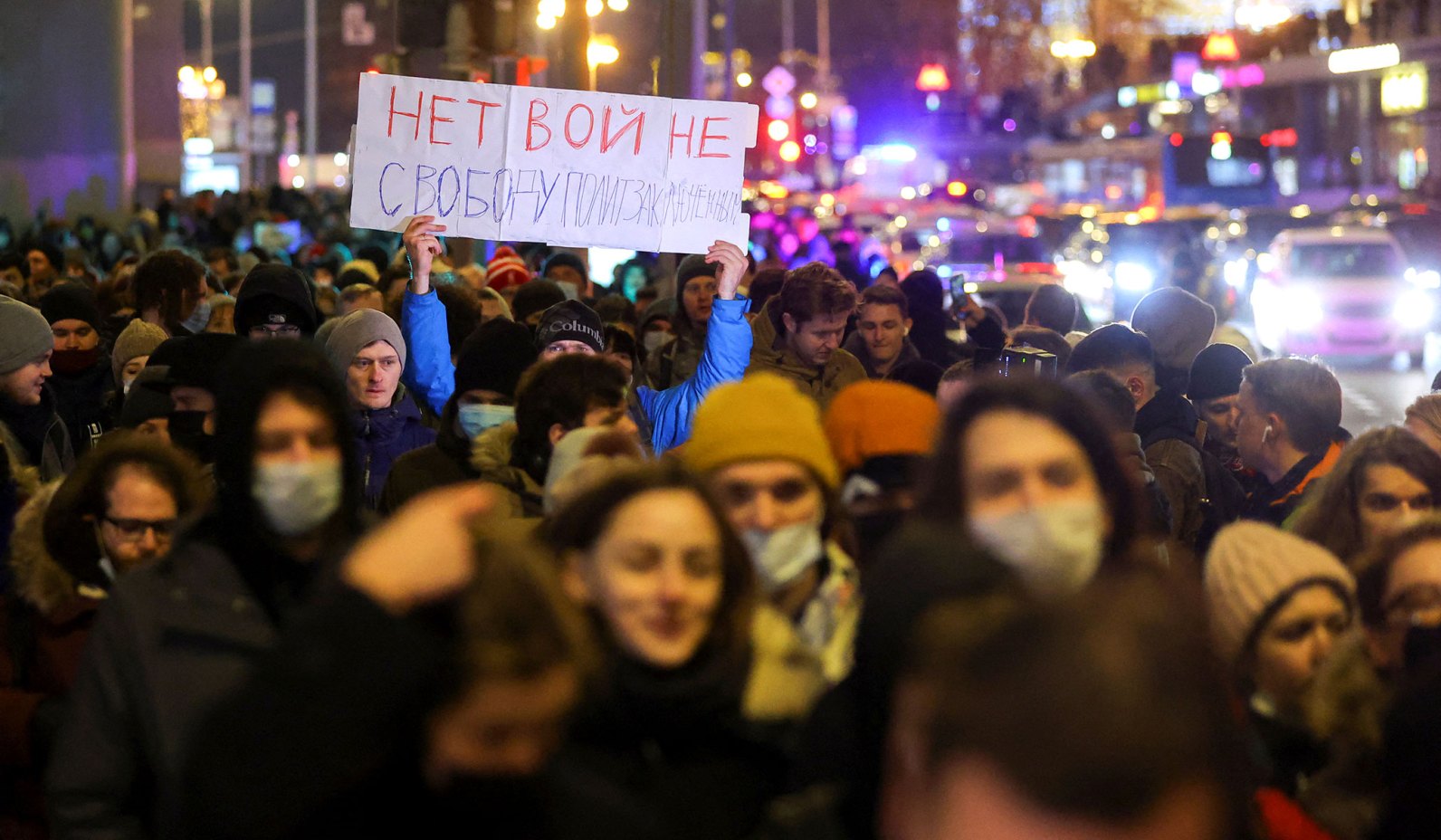By: Charles C. W. Cooke – nationalreview.com – March 3, 2022
During the First World War, the British public took to booing dachshunds in the street — or so I was told as a boy. I always thought this was probably untrue, but I am now beginning to wonder. In the last 48 hours, I have read that “the International Cat Federation” — that pillar of civilization — “has banned Russian cats from its international competitions”; that the Paralympics “will deny access to athletes from Russia and Belarus”; that the state of New Hampshire is removing “bottles of Russian vodka from New Hampshire’s state-run liquor stores”; that EA Sports intends to “remove the Russian National Team and all Russian club soccer teams from its FIFA video game franchise, and remove all Russian and Belarusian hockey teams from the latest NHL video game franchise”; and that Russian chess player Alexander Grischuk has been“kicked out of a forthcoming tournament” in Norway, despite being a critic of the war that has caused his ejection. From here, booing dogs seems the obvious next step.
I can certainly imagine a situation in which one country’s behavior became so extraordinary — and the threat that it posed became so total — that another country needed to take the sort of zero-tolerance line that includes the superintendence of cat-fancying. In 1940, Nazi Germany posed such a threat to Great Britain. But, clearly, Russia isn’t at that point yet, because, if it were, we would have stopped buying its oil. We are not expected, I hope, to believe that it is imperative that we expel Russian pixels from our video games, but a mere matter of taste whether we cease to purchase Russian energy? Somehow, that would seem a failure to get our priorities straight.
Our reluctance to distinguish between Vladimir Putin’s evil on the one hand and Russians and Russian culture more broadly on the other is especially jarring given how unwilling so many people have been to criticize the Chinese Communist Party for its role in the Covid-19 pandemic. Last year, it was deemed beyond the pale even to mention China in connection with the pandemic — lest doing so lead to sudden outbreaks of “anti-Asian hate.” Why, I must ask, is the same rule not being applied here? Is there really no useful middle ground? Assuming sufficient due process, there are excellent reasons to target well-connected Russian oligarchs, just as there are solid justifications for our having imposed harsh sanctions on the broader Russian economy. But vodka that is served in the United States? Norway wasn’t willing to boycott an Olympic Games that was being held in a country that is committing genocide, but it has the resolve to keep a dissident chess player from competing on its shores? None of this makes much sense.
I was going to ask rhetorically whether we intend to abandon Tchaikovsky and Dostoyevsky, too, but, as it turns out, this isn’t really a joke, for over at Marginal Revolution, Tyler Cowen notes that “the editors of the ‘Studies in the History of Philosophy’ have decided not to pursue the project of publishing a thematic issue devoted to Russian religious philosophy.” Why? Are there are a lot of religious philosophers in the Russian military? Did they help plan the invasion of Ukraine? Are the bulk of them fans of Putin’s — or even still alive? This is boobishness in the extreme, the equivalent of disowning Beethoven because of Bismarck’s bad behavior. The United States should use any leverage it has against the Russian regime, but there is a difference between leverage and iconoclasm, and it is one that too many in the West are not presently observing.
We have rightly lionized the bravery of the Ukrainians who are fighting with such defiance to keep their country intact. Those Russians who are speaking out against the perversion of their country and their rights by the tyrant who calls himself their president are deserving of the same respect. They are not our enemy; indeed, they are as much the tyrant’s victims as the Ukrainians. In the coming days, the fog of war will descend yet further, and when it does, we would do well to ensure that we remain able to tell friend from foe from everyone in between.
To see this article and to subscribe to others like it, choose to read more.
Source: Russia & Ukraine: Not all Russians Responsible | National Review
 Listen Online
Listen Online Watch Online
Watch Online Find a Station in Your Area
Find a Station in Your Area










 Listen Now
Listen Now Watch Online
Watch Online
